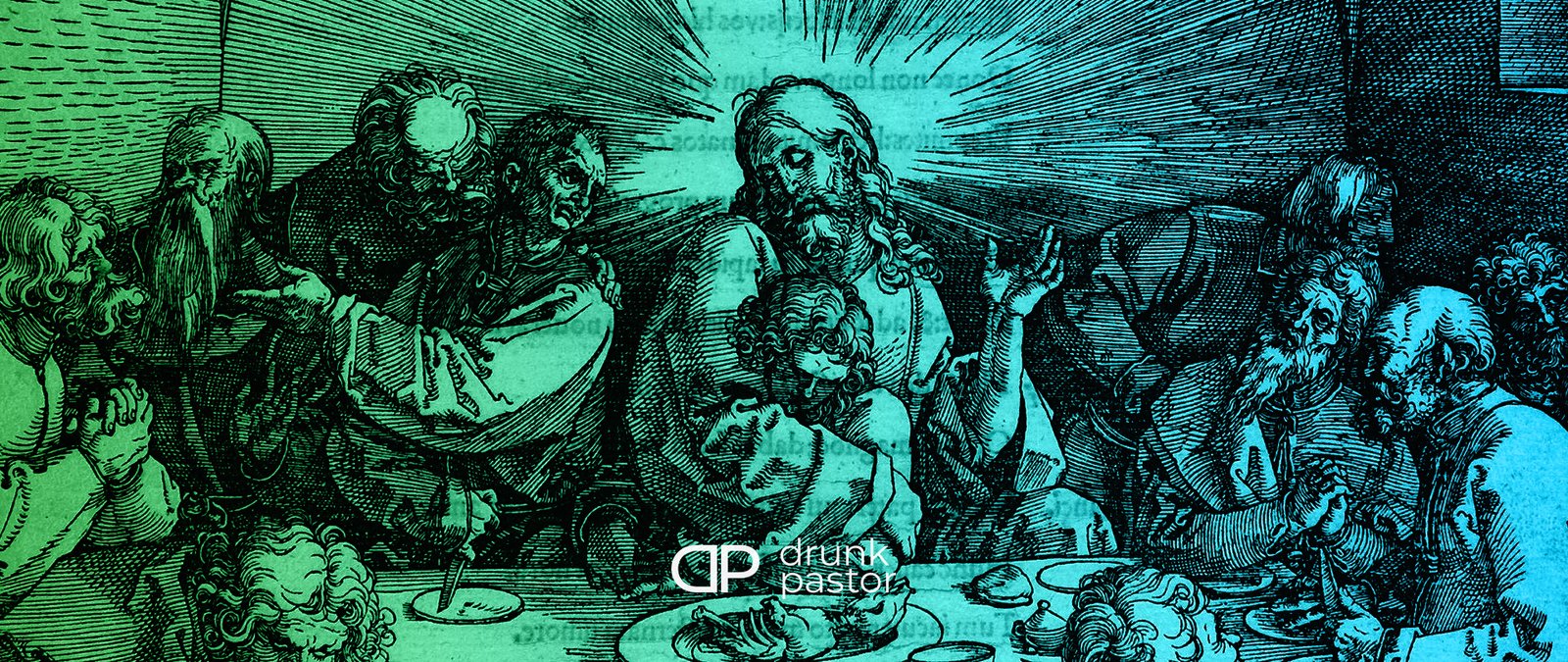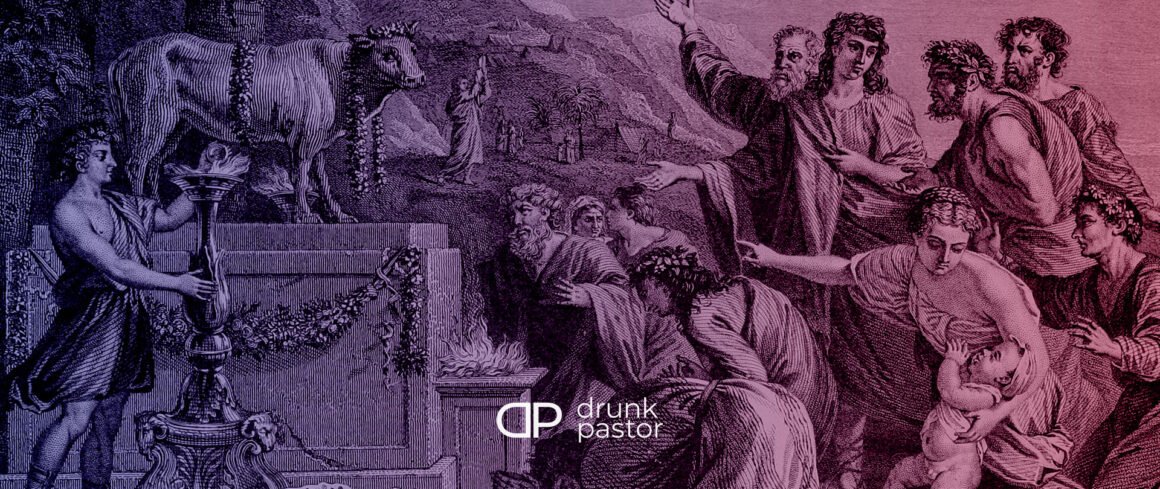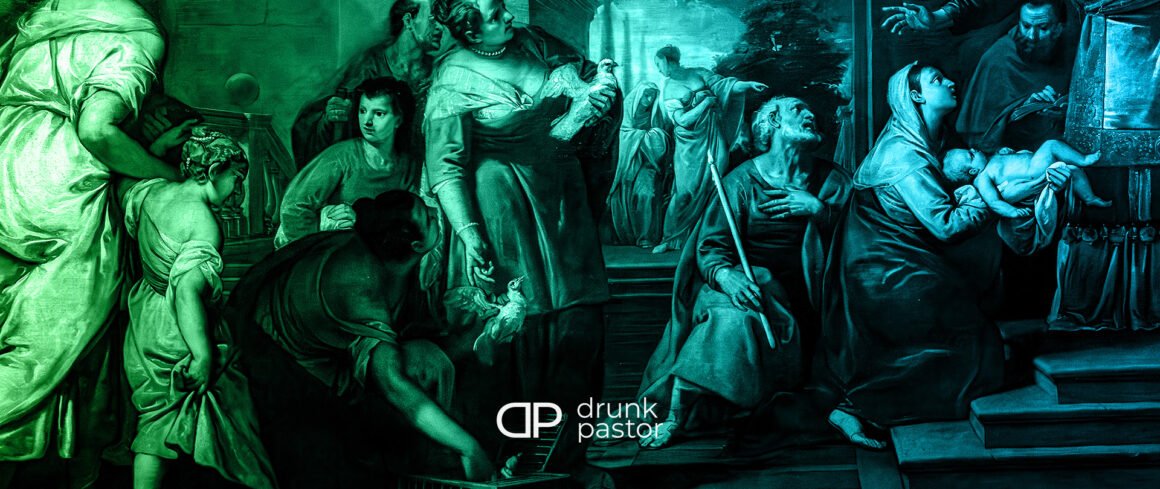Possible Diagnosis:
- Wrong link?
- Something changed on this side… happens. 🤷♂️
- One of the internet tubes or bits got broken. Who knows.
Regardless, sorry! Search below, or browse recent blogs and categories:
Recent Musings
Discipleship As A Personal, Subjective Experience
Blog posts took a serious back seat in order to finish this book. It's honestly driving me nuts not having it done, but that’s an old perfectionist/addict thing—I want it …
A Tabernacle Secret Hidden in Plain Sight: Acacia & Entheogens
For the last several months, I've been working on a book: The Son of Man & Its Mystic Awakening. What follows isn’t core to the book, but it’s honest work—an …
Judas & Jesus: Love Your Enemy
Throwback Post Note: Originally published on Valid Ambiguity on July 6, 2016, this “Throwback” edition includes contextual footnotes and suggested in-text links to related Drunk Pastor posts for further reflection. …
The Radical Hope of Resurrection: Reimagining 1 Corinthians 15 in a Global World
This blog post will be included in the next draft of The Coming of Son of Man book on Patreon. It began as an article assignment for a guest piece …









